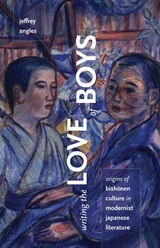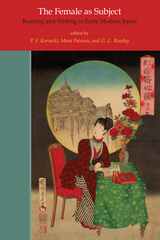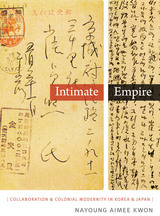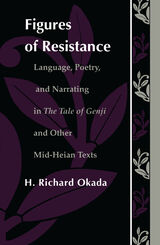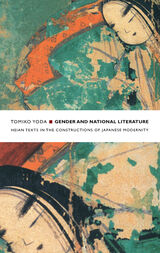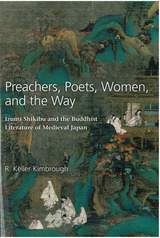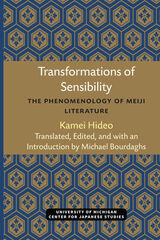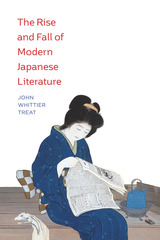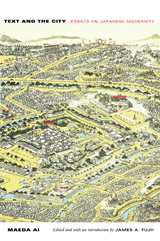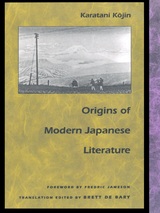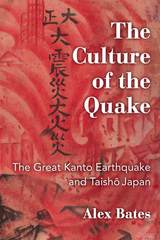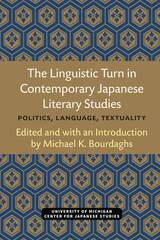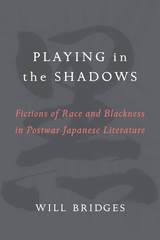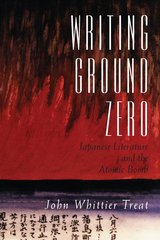Cloth: 978-0-674-01655-2
Library of Congress Classification PL726.55.H557 2005
Dewey Decimal Classification 895.609353
If the postmodernist ethical onslaught has led to the demise of literature by exposing its political agenda, if all literature is compromised by its entanglement with power, why does literature's subterranean voice still seduce us into reading? Why do the madness and the scandal of transgressive literature, its power to force us to begin anew, its evil, escape the gaze of contemporary literary criticism? Why do we dare not reject ethics and the ethical approach to literature? If the primary task of literary criticism is to correct others' ethical missteps, should we not begin by confronting the seductiveness of ethics, our desire for ethics, the pleasure we take in being ethical? And what is the relationship between ethics and history in the study of literature? What would be the ethical consequences of an erasure of history from literary criticism?
In a series of essays on the writings of Kawabata Yasunari, Murakami Haruki, Karatani Kjin, Furui Yoshikichi, Mishima Yukio, Oe Kenzaburo, Natsume Soseki, and Kobayashi Hideo, Hosea Hirata visits the primal force of the scandalous in an effort to repeat (in the Kierkegaardian sense) the originary scene that initiates the obscure yet insistent poetry that is literature and to confront the questions raised.
See other books on: Discourses | Japanese literature | Modern Japanese Literature | Seduction | Seduction in literature
See other titles from Harvard University Press

